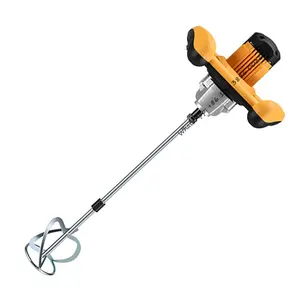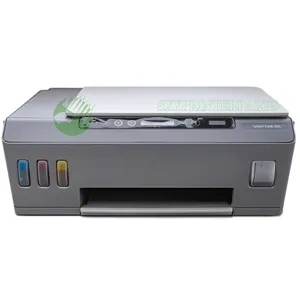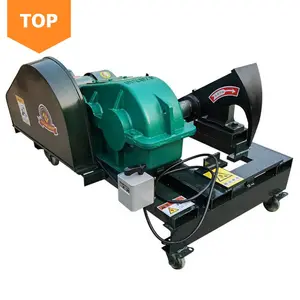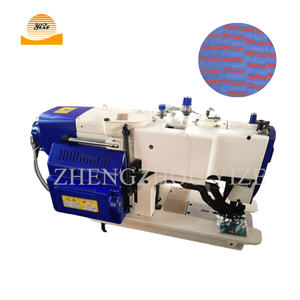Popular in your industry






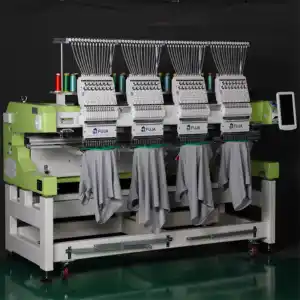



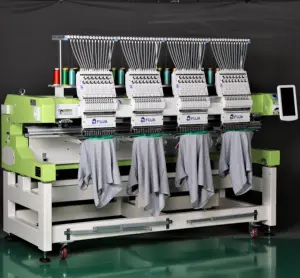



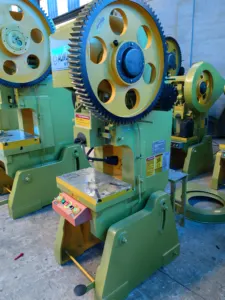












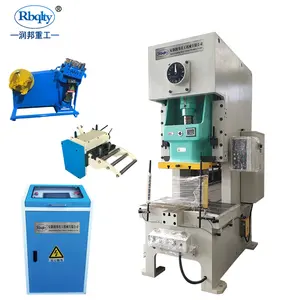

















































Related Searches:




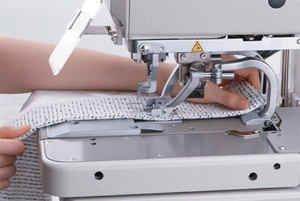






















































































































Top categories
About buttonholer machine
A buttonholer machine is a device designed to produce consistent, precise buttonholes in fabrics. It is an essential tool for seamstresses, tailors, and garment manufacturers, providing an efficient and professional method for creating buttonholes, which are small openings in clothing that allow buttons to pass through. The buttonhole sewing machine automates the process, offering various stitching styles and sizes to accommodate different button sizes and fabric types. This device is invaluable for ensuring the durability and aesthetic appeal of garments, making it a staple in the sewing industry.
Types of buttonholer machines
Various types of buttonhole machines are available, catering to different needs and production scales. The traditional button and buttonhole machine are commonly found in home sewing setups. It is typically attached to a standard sewing machine and offers manual control over the buttonhole creation process. These machines require the operator to adjust settings and guide the fabric, making them suitable for small-scale projects and personal use. They are versatile and can create buttonholes of different sizes based on the button being used. In contrast, an automatic buttonhole sewing machine features advanced automation, allowing for precise and consistent buttonhole creation. This type of machine is ideal for high-volume production in commercial settings.
For more specialized applications, there are keyhole buttonhole machines that are specifically designed for creating keyhole-shaped buttonholes. These machines are commonly used in the production of tailored garments, such as coats and jackets, where a distinctive keyhole design is desired. Furthermore, industrial buttonhole sewing machines are heavy-duty machines built for continuous and demanding use in large-scale garment manufacturing. They offer high-speed operation, robust construction, and the ability to handle a wide range of fabrics, making them a mainstay in factories producing button-down shirts, blouses, and other garments requiring precise buttonholes. Understanding the different types of buttonhole machines allows users to choose the most suitable option based on their specific requirements, whether they are crafting at home or operating a garment production facility.
The advantages and disadvantages of buttonholer machines
Buttonhole machines offer numerous advantages that contribute to their popularity and efficiency in garment production. One of the key benefits is the consistency and precision they provide in creating buttonholes. These machines can replicate buttonhole designs accurately, ensuring uniformity across garments. Additionally, buttonhole sewing machines save time and labor by automating the buttonhole-making process. This is particularly advantageous in industrial settings where high volumes of garments are produced. Furthermore, these machines offer versatility by accommodating various button sizes and fabric types, making them adaptable to different design requirements. Many modern buttonhole machines are equipped with advanced features, such as automatic thread cutting and adjustable stitch lengths, enhancing user convenience and workflow.
Some of the potential drawbacks of buttonhole machines include the initial learning curve required to operate the equipment effectively. While modern machines are designed to be user-friendly, mastering the settings and techniques for creating different buttonhole styles may take time and practice. Another consideration is the investment cost, as buttonhole machines can range from affordable attachments for standard sewing machines to more expensive standalone units. For individuals and small businesses, this cost may be a factor in decision-making. Moreover, maintaining and servicing buttonhole machines is essential to ensure their longevity and performance. Regular upkeep, such as cleaning and oiling, is necessary, and repairs may be required over time. Despite these considerations, the advantages of buttonhole machines in terms of efficiency, precision, and versatility make them a valuable asset in the garment-making process.

